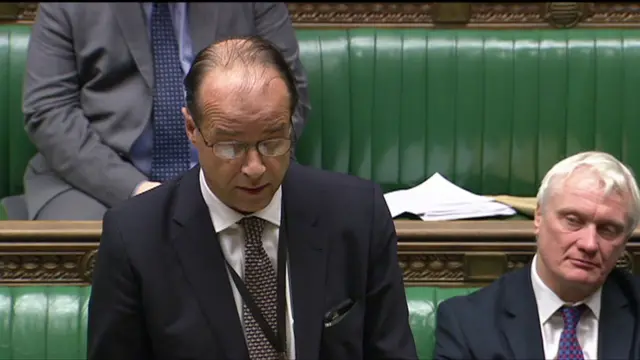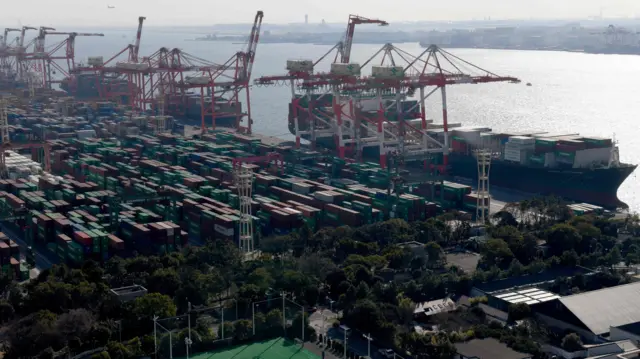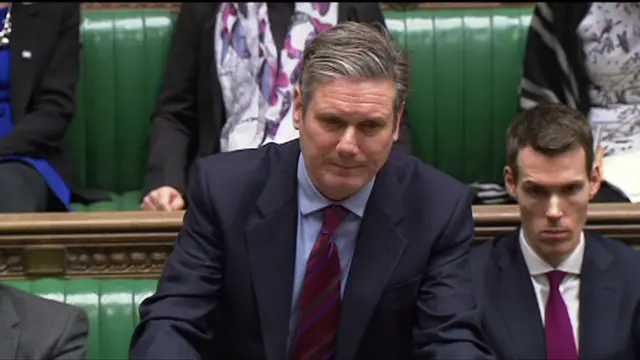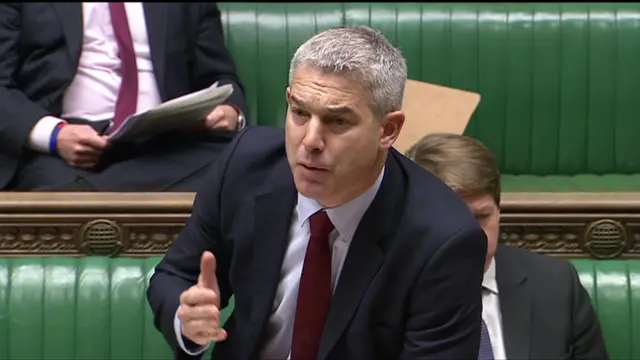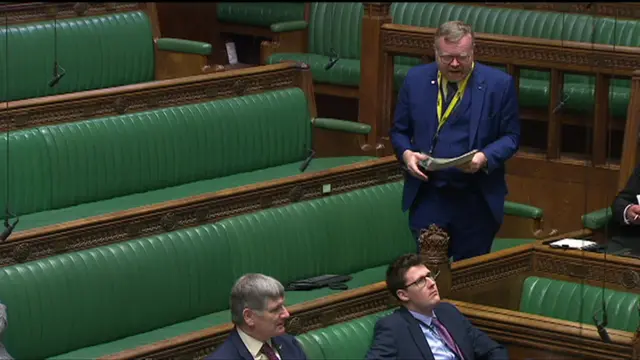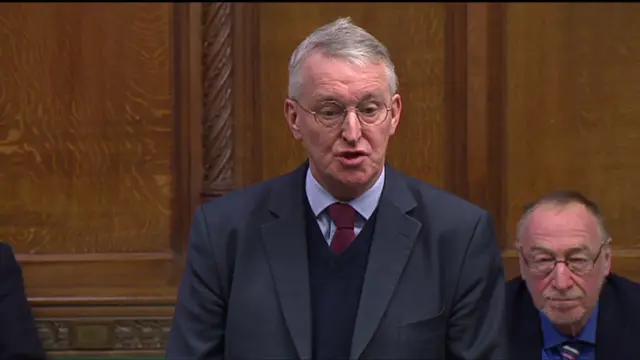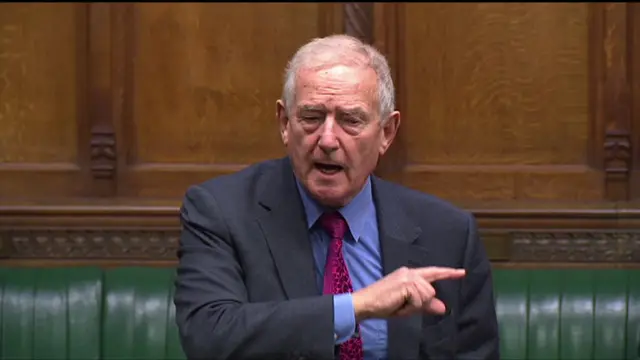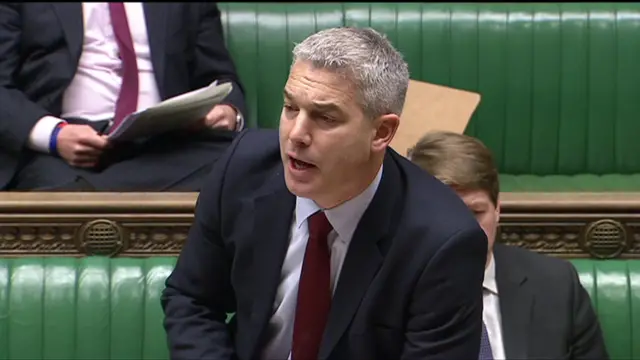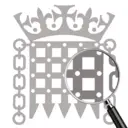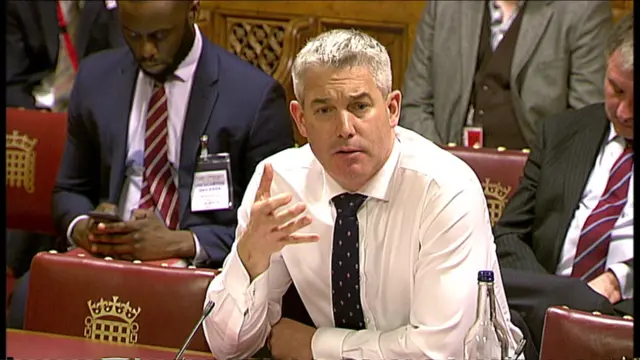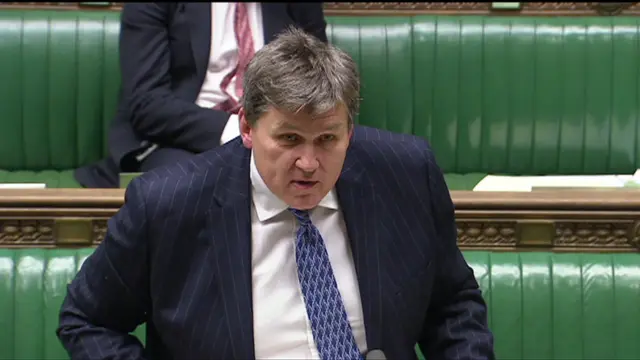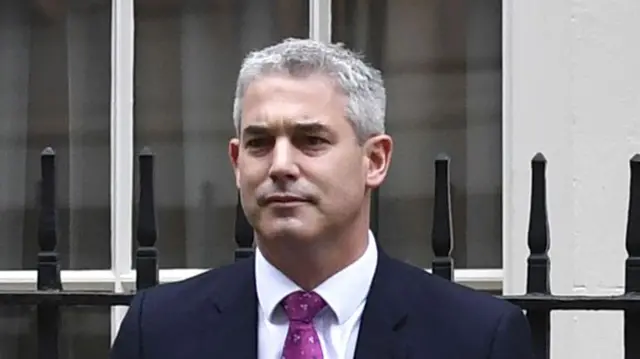Labour MP: Reality of Brexit 'disappointing'published at 11:00 GMT 24 January 2019
EU Free Trade Agreements Urgent Question
 House of Commons
House of Commons
Parliament
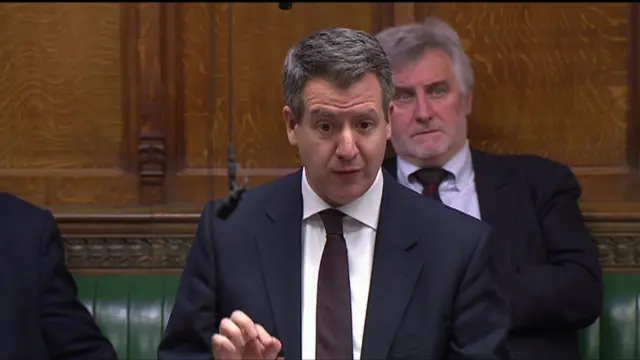 Image source, HoC
Image source, HoCLabour's Chris Leslie says 12% of the UK's trade could be "thrown into chaos" because of a "failure" to roll over EU trade agreements with countries outside the bloc.
He says the international trade secretary previously bragged about how easy it would be to achieve these agreements.
He asks why expectations were raised so high when "the reality was so disappointing".
He requests an "accurate update" on how many other trade agreements will be lapsing, and what the consequences would be of this.
He asks when the government will "face reality" and admit that "admit Brexit is not going well, and presents a clear and present danger".

